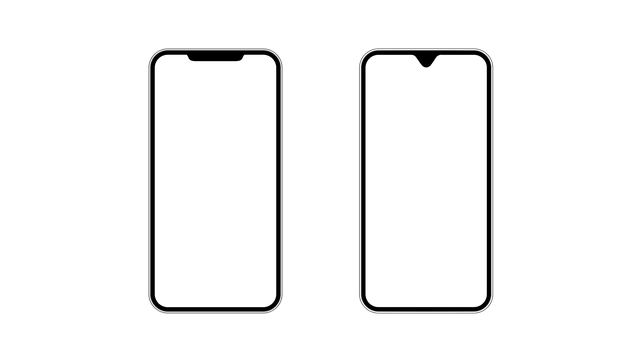In West Virginia, individuals facing legal issues related to autodialers have various options with local law firms and specialized autodialer lawyers/attorneys. These professionals offer expert guidance on contracts, regulations, and litigation. The state's Telemarketing Act protects consumers from unwanted calls, and an autodialer lawyer can help with harassment, offering solutions like blocking calls and claiming compensation. If in Charleston, register your number with the National Do Not Call Registry or consult a specialized law firm to stop relentless autodialer calls through legal actions.
Tired of relentless calls from autodialers in Charleston? You’re not alone. Understanding your rights and knowing how to fight back is crucial. This guide explores the legal implications of autodialer calls in West Virginia, empowering you to take action. Learn about your rights, effective steps to stop harassment, and discover how an autodialer lawyer in West Virginia can help. From navigating regulatory laws to finding the right autodialer attorney or law firm, this resource provides solutions for Charleston residents fed up with unwanted calls.
Understanding Autodialer Calls and Their Legal Implications in West Virginia
Your Rights When Dealing with Unwanted Autodialer Calls
When dealing with unwanted autodialer calls, you have rights that should be respected. In West Virginia, there are strict laws in place to protect consumers from harassment and nuisance calls, especially those made by autodialers or prerecorded messages. If you’re receiving these types of calls, an autodialer lawyer West Virginia can help you understand your legal options.
The Telemarketing and Consumer Fraud and Abuse Prevention Act (TCPA) prohibits automated telephone equipment from being used to make any call to a wireless phone without the prior express consent of the called party. This means that if you haven’t given permission for your number to be added to an autodialer’s list, such calls are illegal. An autodialer attorney West Virginia can assist you in taking action against these violators and claiming compensation for any distress or inconvenience caused by their actions. They can also guide you on how to block future calls and ensure your privacy is protected.
How to Take Action: Steps to Stop Autodialer Harassment
If you’re experiencing relentless autodialer calls in Charleston, it’s crucial to take immediate action to stop this harassment. The first step is to identify the source of the unwanted calls. Check your call history and try to trace the number back to its owner or company. Once you have this information, you can begin tackling the issue head-on.
One effective strategy is to register your number with the National Do Not Call Registry. This federal list restricts telemarketers from contacting registered numbers. Additionally, consider hiring an autodialer lawyer in West Virginia who specializes in such cases. These attorneys and law firms have the expertise to navigate complex telecommunications laws and can help you understand your rights. They may also send cease-and-desist letters or file legal actions against the offenders, providing much-needed relief from unwanted calls.
Choosing the Right Legal Representation: Finding an Autodialer Lawyer in Charleston
When dealing with unwanted autodialer calls, one of the most crucial steps is to secure competent legal counsel. In Charleston, West Virginia, individuals facing this issue should seek out an autodialer lawyer who specializes in telecommunications law. This expert will be well-versed in consumer protection and capable of navigating the complexities of federal and state regulations related to autodialing.
The right attorney can offer guidance tailored to your specific situation, whether you’re dealing with robocalls, spam calls, or other forms of unwanted telemarketing. They’ll help you understand your rights, explore legal remedies, and potentially represent you in court if necessary. Reputable autodialer attorneys in West Virginia will be committed to defending your privacy and ensuring compliance with regulations designed to protect consumers from nuisance calls.






